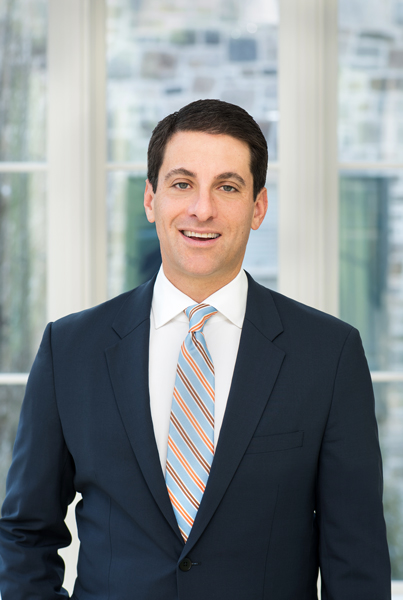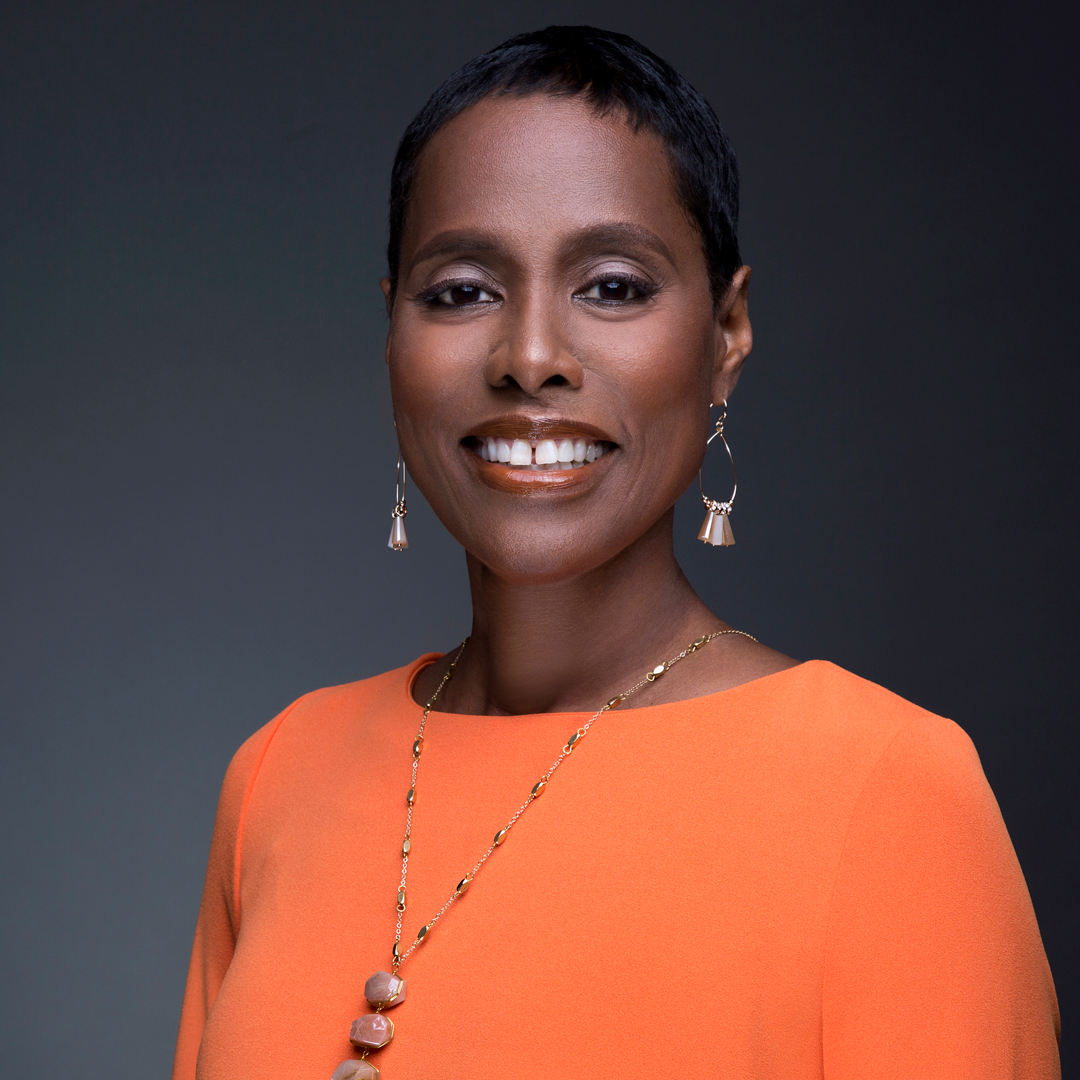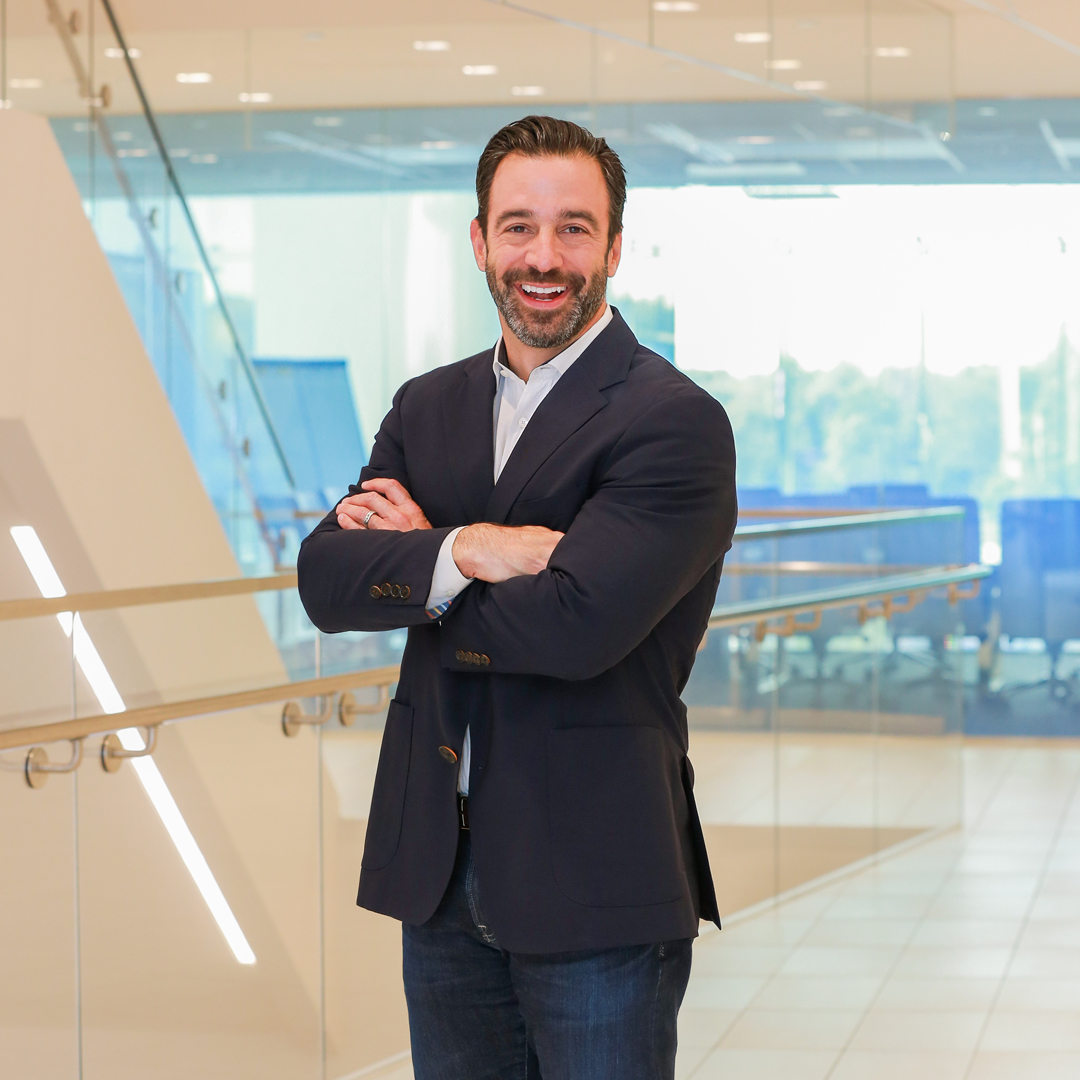In February 2019, the legal industry saw a true rarity in the modern world: a consumer class action going to trial. Plaintiffs in California, New York, and Florida claimed that Bayer, a leading pharmaceutical company based in Leverkusen, Germany, had mislabeled a popular group of multivitamins called One A Day. American Healthcare Leader recently caught up with two of the attorneys who led the defense: Alexandra Walsh and Sean Eskovitz, founding partners of Wilkinson Walsh + Eskovitz LLP (WW+E).
The Founding of the Firm
Wilkinson Walsh + Eskovitz was founded with the exclusive purpose of winning high-stakes trials, Eskovitz explains. He and the other founders of the firm had spent years working with top law firms across the company on a range of cases.
“But we wanted to work in a small firm with a highly talented group of colleagues who were dedicated specifically to high-stakes, high-profile trial work,” Eskovitz says. “We also wanted to focus on bringing up the next generation of trial lawyers. There’s a lot of talk about trial work drying up and becoming a dying art, but we have a deep bench of experienced trial lawyers who are filling an important need in the market.”
Now, WW+E has grown to more than forty lawyers, including a number of younger lawyers. “We’re handling cases of the same size, complexity, and significance that we were handling in our prior firms,” Eskovitz notes, “and we’re doing it in a very efficient way because the entire firm is geared towards that kind of practice.”
Taking Action
The One A Day class action trial was certainly high profile—and high stakes. The plaintiffs were seeking a full refund of all the money customers had paid to purchase the One A Day multivitamins over the past decade, plus penalties. This added up to hundreds of millions of dollars in potential damages.

Essentially, Eskovitz explains, the plaintiffs were alleging that the multivitamins were marketed as being able to help promote heart health, physical energy, and immunity. But, the plaintiffs claimed, the average person gets all the vitamins and minerals they need from their diet. So, while people with grave biochemical deficiencies may benefit from taking multivitamins, the average person gets no benefit at all.
According to Walsh, one of the biggest challenges of the case was the need to break down relatively complicated biological issues and explain them to the jury in an accessible and engaging way. “I firmly believe that our job as trial lawyers—and the surest path to victory—is not to tell the jurors what the science shows,” Walsh says, “but to teach them the concepts and principles they need to understand and apply to decide the case.”
But in this case, the WW+E team chose a rather unusual teaching method. “Your natural urge in a case where plaintiffs are seeking such huge damages is to put on a massive defense and attempt to beat down every point the other side makes,” Walsh says. “But we concluded early on that this was not the right approach for the One A Day case.” Instead, she, Eskovitz, and the rest of their team decided to focus on their cross-examination efforts. “We realized it would be more effective to use plaintiffs’ own witnesses against them,” Walsh explains. “And we had the full support of our clients, Bill Dodero and Sarah Heineman, who have tremendous trial judgment themselves, in taking this somewhat unorthodox approach.
“It was hugely gratifying to work with a client who had the courage to take that risk in order to defend itself.”
Eskovitz’s cross-examination of the plaintiffs’ nutrition expert was pivotal. “That cross-examination not only undermined his thesis that the average person doesn’t benefit from these vitamins in the way they’re advertised,” Eskovitz recalls, “but I was able to use that cross-examination during closing argument to establish several nutrition and science points critical to Bayer’s defense.”
Cross-examination of the plaintiffs’ nutrition expert yielded further important insights, such as the fact that the expert had told his own wife to take multivitamins even though she did not have a biochemical deficiency and that the expert’s teaching credential was only a title (he did not teach students or collect a salary).

But one of the most colorful parts of the case, Eskovitz says, was when the plaintiffs put forth a bar chart supposedly showing that every individual has different nutritional needs. “We were able to show the jury that the chart had been pulled from a Philadelphia Eagles fan page site, which compared the average heights of NFL teams,” Eskovitz recounts. “They had just changed the descriptions on the axes.”
Walsh then cross-examined the lead plaintiff representing the class. On cross, the plaintiff admitted she only recently learned about the lawsuit from her husband and only purchased One A Day multivitamins once shortly before she joined the lawsuit. The plaintiff also conceded that she continued to take multivitamins and gave them to her children.
On closing, Walsh referred back to a study cited by the plaintiff’s expert as support for his opinion, which outlined the effects submariners faced when coming back to sea level. The expert argued that the submariners’ vitamin levels were very low, but they suffered no serious diseases. Walsh then used this study to pose the jury with the question: Is vitamin-deprived, submarine living the standard people should try to attain, or would most people, including the plaintiff and the expert, prefer to live a healthier life by doing things like taking a multivitamin?
What Does it Mean?
After just an hour of deliberation, the jury came back with a decisive verdict—they found in Bayer’s favor on every single count, even those they weren’t required to decide. But despite their resounding victory, Eskovitz and Walsh both emphasize the courage of conviction that it took for Bayer to even let the case go to trial. “This kind of case can take a lot of guts to try,” Walsh points out. “The number of consumers allegedly affected can be very high, and the damages can add up very quickly. It was hugely gratifying to work with Bill and Sarah, who had the courage to take that risk in order to defend their company.”
Bayer, and Dodero and Heineman personally, believed in the One A Day product and in their teams, Eskovitz echoes. “And that sends a signal,” he emphasizes. “They are not a good target for the plaintiffs’ bar because they will not simply cave at the threat of a trial. And this case underscores that these kinds of cases are winnable at trial.”


